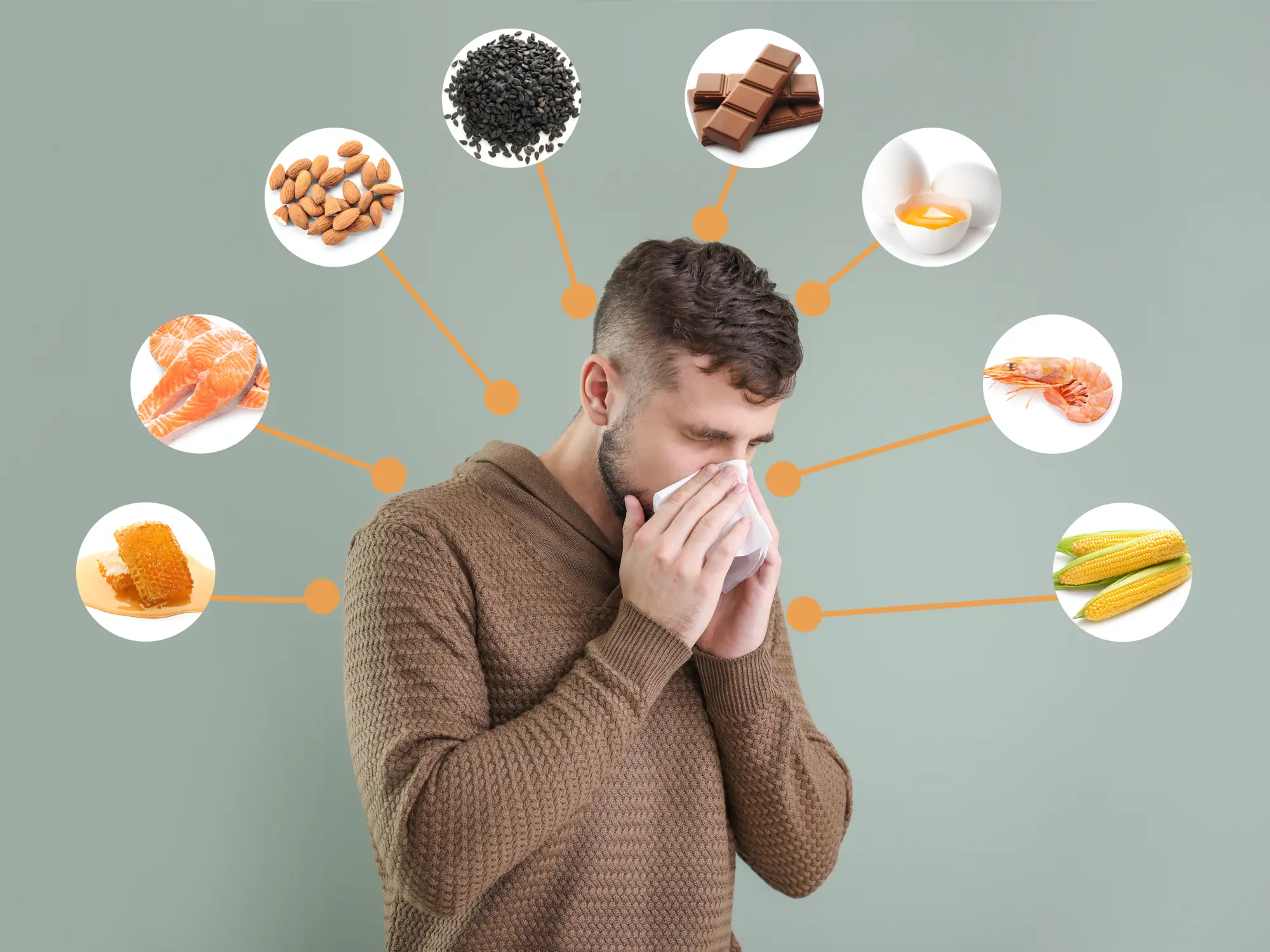
2025 CBUS Top Picks Community's Choice Awards Voting Ballot
2025 CBUS Top Picks Community's Choice Awards Voting Ballot


Understanding when to seek the expertise of a food allergist can make all the difference in managing your child’s health effectively.
In this blog, the team from Premier Allergy & Asthma will explore the key indicators that suggest it might be time to consult with a food allergist in central Ohio to help you make informed decisions for your child’s dietary and overall health needs.

Food allergies can manifest in various ways, and recognizing the symptoms early on is crucial. Some common signs to watch for include:
If your child experiences any of these symptoms, particularly after consuming certain foods, it may be time to consult a food allergist for a comprehensive evaluation.
While mild allergic reactions can often be managed at home, severe reactions require immediate medical attention. Anaphylaxis, a life-threatening allergic reaction, demands urgent care and can include symptoms such as:
If your child has experienced any severe allergic reactions, it is imperative to see a food allergist to identify their allergies, develop an allergy management plan, and get an emergency EpiPen to ensure your little one’s safety in case of a severe anaphylactic reaction.
For some children, food allergies can manifest as ongoing digestive issues, which might not be immediately linked to allergies. Symptoms can include:
If these symptoms persist without an obvious or apparent cause, a food allergist can help determine whether a food allergy is the underlying issue and guide you in creating a suitable diet plan.
Food allergies can significantly impact your child’s daily life and nutritional intake. If you notice your child is avoiding certain foods or experiencing anxiety around eating due to fear of allergic reactions, it’s time to consult an allergist.
A specialist can provide strategies to manage allergies effectively, ensuring your child receives balanced nutrition while avoiding allergens. Not only that, but a food allergist can offer guidance on how to safely introduce new foods and manage potential cross-contamination. This empowers your child to lead a more confident and healthy lifestyle.
If you suspect your child may have a food allergy, don’t wait to seek professional advice. At Premier Allergy & Asthma, with locations throughout Central Ohio and beyond, our experienced team is dedicated to providing comprehensive care and support. Contact us today to schedule an appointment and take the first step towards ensuring your child’s health and well-being.
Returning Patient? Please contact our office at (614) 328-9927 to schedule an appointment. Thank you.